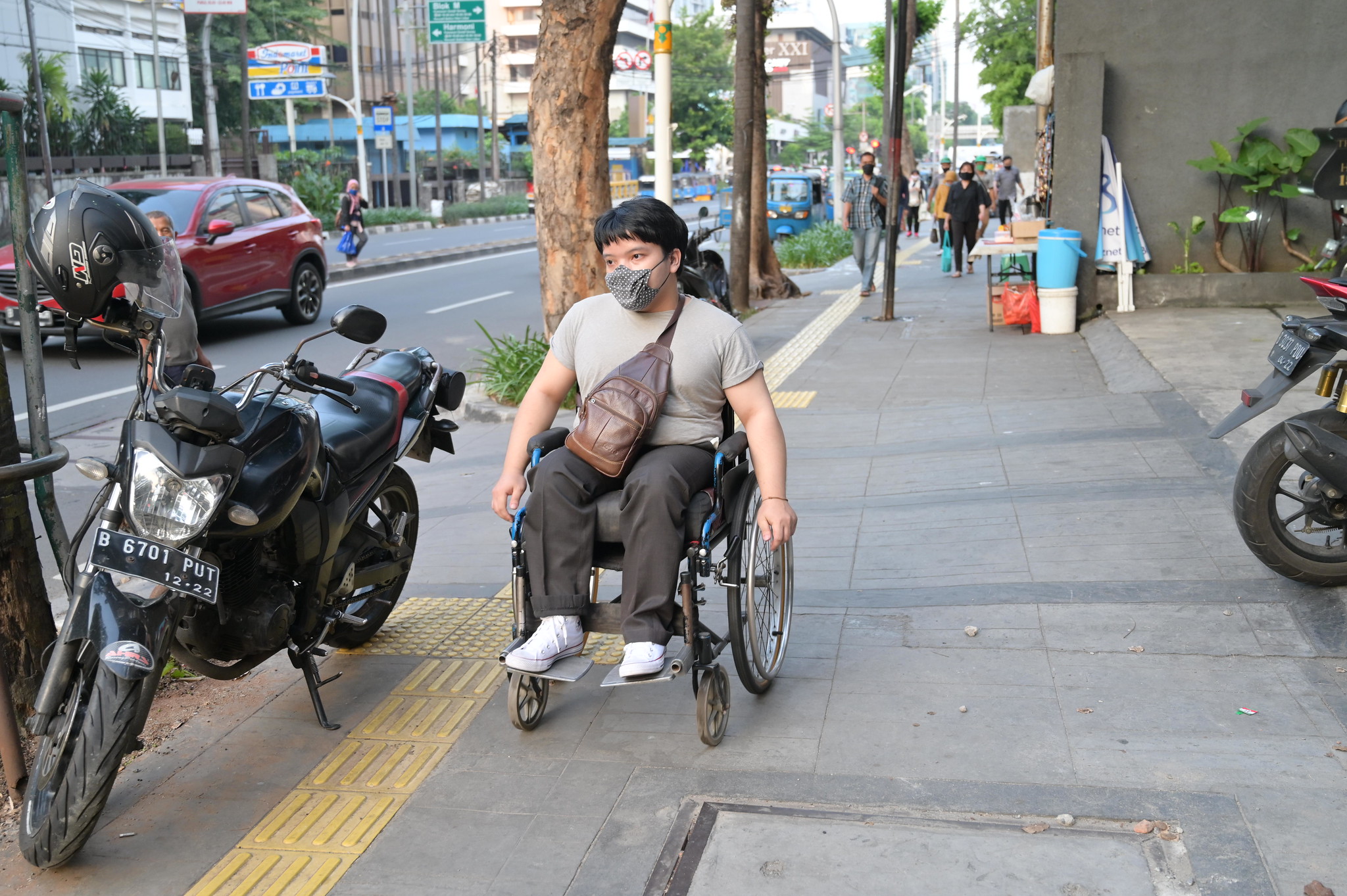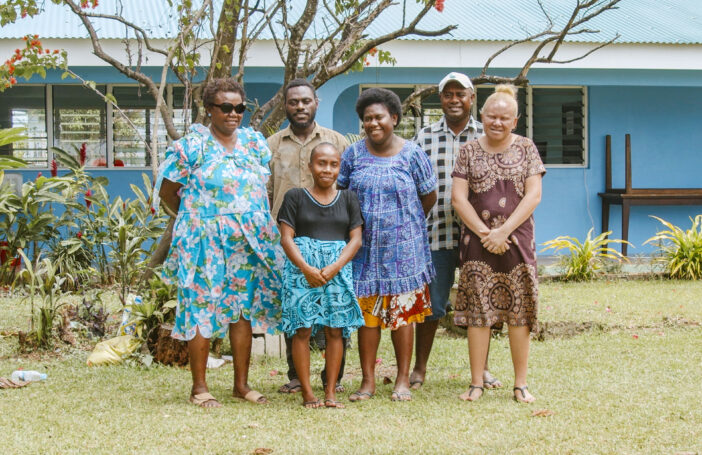The participation of people with disabilities in labour markets is critical for the functioning and growth of economies: more than 15% of the global population have a disability, and this number is only rising as populations age. As of 2019, there are nearly 26 million people with disabilities in Indonesia alone.
However, little research has been done on the economic lives of people with disabilities. In Indonesia, people with disabilities struggle to join the labour force, with only 28% of those with severe disabilities in the labour force before the pandemic, compared with 66% of those without disabilities.
The COVID-19 pandemic opens up new questions for the inclusion of people with disabilities, at work and in crisis response and recovery, as noted by UNDP. The pandemic has created a new population of disabled people with ‘long COVID’, and has worsened physical and mental health, creating an even greater need for awareness of abilities and disabilities in the workplace.
My recently published journal paper, on people with disabilities in Indonesia, highlights the experiences of people with various types of disabilities in the workplace, as well as the importance of access to healthcare. I analysed a large household survey covering about 30,000 people across Indonesia, which included those with different types of disabilities, ranging from chronic physical illnesses, to depression, to difficulty hearing, seeing, or completing everyday activities. I used advanced econometric methods to model the employment and wage gaps disabled people face.
I found important differences depending on how disability numbers are measured. The lack of reliable data about disability means we have to infer who has a disability from the information we have. Counting those with medical diagnoses as disabled mainly captures those with access to healthcare, and who are therefore able to receive these diagnoses. Often, those who are employed are more likely to have health insurance and access to healthcare.
In contrast, definitions that are based on people’s lived experiences – such as assessing their abilities to do certain activities or assessing their mental wellbeing – give a very different picture of disability. This highlights the significance of unequal access to healthcare and medical diagnosis, even before the pandemic.
I found that all people with disabilities are less likely to be in the labour force and employed, although these gaps are often reduced by accounting for differences in other characteristics, such as education or gender. Other research has confirmed that many people with disabilities of any kind are employed in the informal sector, which means that they may have faced additional employment instability during the pandemic.
When they are employed, people with lived-experience disabilities earn up to 22% lower wages than their abled counterparts with the same characteristics. This gap holds up through many ways of analysing the data, including when we directly compare each disabled person to someone who has very similar characteristics except for disability. These results are also robust to accounting for the fact that disabled people may self-select out of the workforce, because of the wage gaps they might face, or other characteristics that may be different to those of abled people.
Meanwhile, people with disabilities that are medically diagnosed often face no difference, or earn higher wages, than their abled counterparts. Analysis suggests that this may be explained by the fact that those who are employed in high-quality jobs have better wages, and health insurance and access to healthcare, enabling them to receive these diagnoses.
I then explored whether the lower wages of disabled people might be explained by a lack of productivity in the workplace, as classic economic models suggest. I tested whether the gaps are different for people with physical disabilities who work in sectors or occupations that require physical labour, or who report that their jobs require physical labour. I found no evidence that differences in wages are easily explained by differences in productivity.
These inequalities have only increased during the pandemic, when many people with disabilities, especially those in vulnerable forms of work, may have lost their jobs and faced increased challenges. A survey found that people in Indonesia with disabilities faced income decreases of 50–80% as a result of COVID-19.
When people with disabilities lose their jobs, they may have more difficulty being rehired than those without disabilities – perhaps in part because of the discrimination or other disadvantages documented in my work. Another survey found that more than 65% of people with disabilities became poorer during the pandemic, and unable to afford basic expenses. Only 41% of disabled people in Indonesia have had access to social protection during the pandemic.
Giving people with disabilities access to skills development opportunities, such as Kartu Prakerja in Indonesia, can help them find jobs and narrow wage gaps. This program, targeted towards people with disabilities along with other vulnerable groups, offers online training opportunities and certification, along with financial incentives once they complete the training.
Interventions are needed going forward. Making sure that people with disabilities have the support they need, and do not face discrimination, are central to enabling their livelihoods. Remote work, when made accessible, can offer an opportunity for some disabled people. Financial support for work-from-home technologies may help make them more equal. Employers and disability support services may also benefit from financial support to implement accessibility interventions. Future research during and after the pandemic will show how and whether these interventions reduced the wage and employment gaps people with disabilities face.




